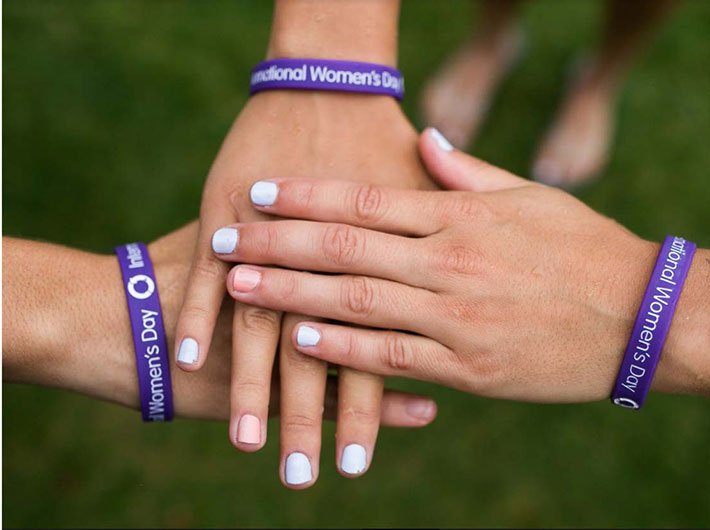March 8 is marked and celebrated as International Women’s Day. It celebrates the achievements of the women in different walks of life. India, where countless women leaders have through their grit and determination created news milestones in different fields, too observes March 8 as a day to celebrate Women Power.
How did it start? The first Women’s Day was observed in the United States on February 28 and it was only after 1975 that March 8 came to mark the International Women’s Day.
Here is the chronology and history of Women’s Day, courtesy United Nations:
• 1909: The first National Woman's Day was observed in the United States on 28 February. The Socialist Party of America designated this day in honour of the 1908 garment workers' strike in New York, where women protested against working conditions.
• 1910: The Socialist International, meeting in Copenhagen, established a Women's Day, international in character, to honour the movement for women's rights and to build support for achieving universal suffrage for women. The proposal was greeted with unanimous approval by the conference of over 100 women from 17 countries, which included the first three women elected to the Finnish parliament. No fixed date was selected for the observance.
• 1911: As a result of the Copenhagen initiative, International Women's Day was marked for the first time (19 March) in Austria, Denmark, Germany and Switzerland, where more than one million women and men attended rallies. In addition to the right to vote and to hold public office, they demanded women's rights to work, to vocational training and to an end to discrimination on the job.
• 1913-1914: International Women's Day also became a mechanism for protesting World War I. As part of the peace movement, Russian women observed their first International Women's Day on the last Sunday in February. Elsewhere in Europe, on or around 8 March of the following year, women held rallies either to protest the war or to express solidarity with other activists.
• 1917: Against the backdrop of the war, women in Russia again chose to protest and strike for ‘Bread and Peace’ on the last Sunday in February (which fell on March 8 on the Gregorian calendar). Four days later, the Czar abdicated and the provisional government granted women the right to vote.
• 1975: During International Women's Year, the United Nations began celebrating International Women's Day on March 8.
• 1995: The Beijing Declaration and Platform for Action, a historic roadmap signed by 189 governments, focused on 12 critical areas of concern, and envisioned a world where each woman and girl can exercise her choices, such as participating in politics, getting an education, having an income, and living in societies free from violence and discrimination.
• 2014: The 58th session of the Commission on the Status of Women (CSW58) – the annual gathering of States to address critical issues related to gender equality and women’s rights — focused on “Challenges and achievements in the implementation of the Millennium Development Goals for women and girls”. UN entities and accredited NGOs from around the world took stock of progress and remaining challenges towards meeting the eight Millennium Development Goals (MDGs). The MDGs have played an important role in galvanizing attention on and resources for gender equality and women’s empowerment.


